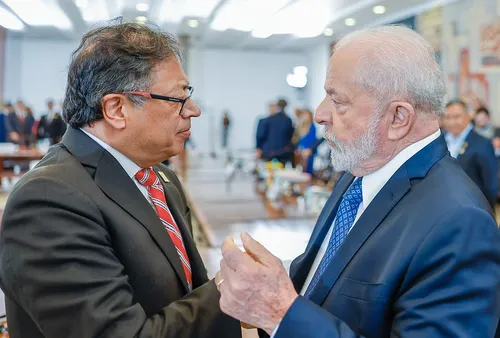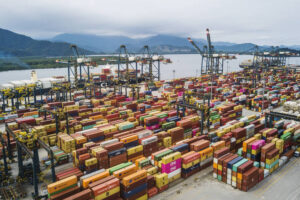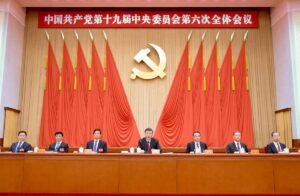
President Luiz Inácio Lula da Silva’s trip to Colombia will have three important axes for the Brazilian: expansion of trade, environment and stability in the region. Lula will meet with the head of the Colombian Executive, Gustavo Petro, to try to bring the two countries closer together and find alternatives to some of the main points of his foreign policy.
The first difficulty will be finding an alternative to Argentina as an economic partner. Even during the 2023 electoral campaign, the current Argentine president, Javier Milei, said he would break relations with Brazil. Already elected, he called Gustavo Petro a “murderer” and, last week, he met with the owner of the social network X, Elon Musk, amid the tension involving the billionaire and the Brazilian justice system. According to the Argentine newspaper ClarionMilei offered help to Musk.
According to Roberto Goulart Menezes, professor of International Relations at the University of Brasília (UNB), this tension makes Lula seek an alternative to his relationship with Argentina.
“Brazil and Argentina have always been the largest partners in the region, with the largest exchanges in absolute values. With the distance with the Argentine government because of Milei, Brazil is once again looking to Colombia as an alternative partner to Argentina,” he told Brazil in fact.
One of the interests of the Brazilian government is Colombia’s rapprochement with Mercosur. With Lacalle Pou (president of Uruguay) and Javier Milei diverging from Lula’s positions, the bloc ended up losing strength in regional articulation. A rapprochement with Petro could help Lula in this sense to guide the negotiations of trade agreements with the European Union and China.
But the direct commercial relationship with the Colombians is also interesting for the Brazilian government. The PT member must address the AC58 economic complementation agreement. The treaty was signed in 2005 and establishes cooperation and physical and economic integration between Mercosur and other countries in the region. The Brazilian government should discuss the possibility of deepening relations and expanding the items in the trade balance between the countries.
ESPM International Relations professor Denilde Holzhacker states that there is also an expectation, on the part of Colombians, of greater Brazilian investment, as several businesspeople will be present.
“Colombia has the expectation that Brazil can bring more investments, beyond the traditional export agenda between the two countries. Another always important point is cooperation at the border and exchange of information in the area of security,” she said.
Environment and regional issues
Another important point in the relationship between Petro and Lula will be the protection of the Amazon. The two countries became closer last year during the Amazon Cooperation Treaty Organization (ACTO) summit that took place in Belém, Pará.
Lula has the environmental debate as one of the priorities of his foreign policy. The expectation is that the president will invite Gustavo Petro to participate in the G20 summit to be held in November in Rio de Janeiro.
For Holzhacker, the environmental issue is a fundamental theme of the meeting, but sustainable development generates disagreement between the two presidents.
At the ACTO summit, the Colombian proposed that countries in the Amazon region prohibit the issuance of new licenses for oil and gas exploration. The Brazilian government disagrees, largely due to the prospect of exploration in the Equatorial Margin.
The most sensitive topic of the debate must be the relationship with Venezuela. Lula and Petro have criticized the neighboring country’s electoral process in recent weeks. The Colombian visited Maduro last week to warm up the relationship, but the Venezuelan elections are still being watched with caution.
Lula and Petro should discuss possible mediation of relations between Venezuela and other countries at this time. For Holzhacker, the Colombian has already taken on a leading role, but has the support of Brazil to observe this issue.
“Petro has already positioned itself as a mediator between Maduro and the opposition, which was accepted by Caracas. So, at this moment Colombia already has an important role. This agenda is central for both countries, as neither Brazil nor Colombia is interested in greater instability in Venezuela”, he concludes.
Editing: Vivian Virissimo
Source: www.brasildefato.com.br

